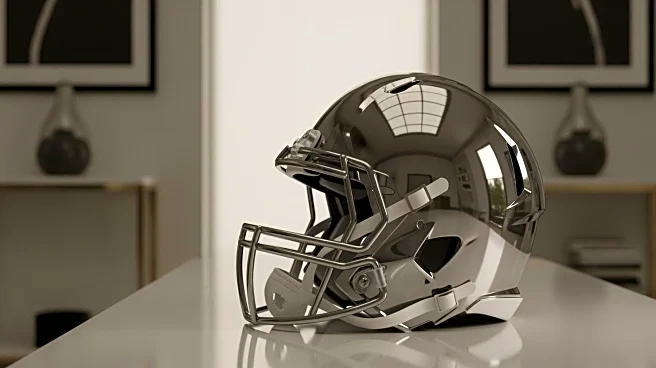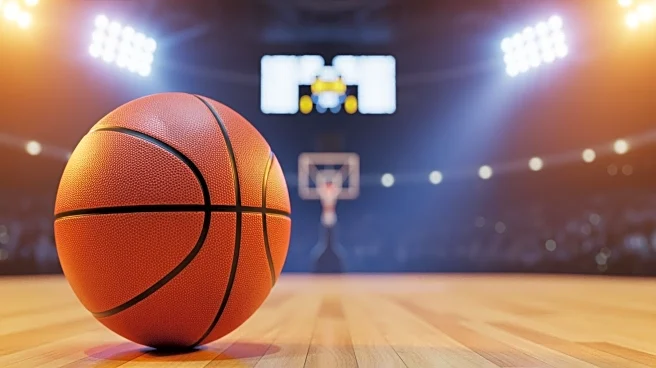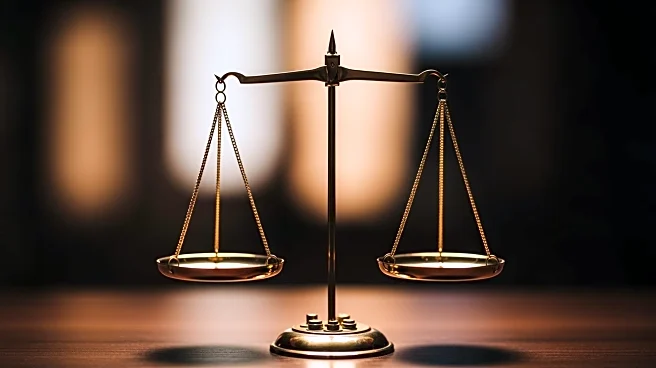What's Happening?
Miami Dolphins quarterback Tua Tagovailoa recently made headlines after publicly criticizing his teammates following a Week 6 loss to the Los Angeles Chargers. Tagovailoa expressed concerns about the team's
leadership and commitment, noting issues such as players arriving late or not attending players-only meetings. His comments sparked reactions, including from former University of Alabama head coach Nick Saban, who expressed surprise at Tagovailoa's approach but commended his subsequent apology. Tagovailoa acknowledged his mistake and emphasized the need to protect team dynamics, promising to improve his leadership moving forward.
Why It's Important?
Tagovailoa's comments and subsequent apology highlight the challenges of leadership and accountability within professional sports teams. His actions could impact team morale and dynamics, especially as the Dolphins struggle with a 1-5 record this season. The situation underscores the importance of effective communication and leadership in sports, where public statements can influence team cohesion and performance. Tagovailoa's apology may help mend relationships within the team, but the incident serves as a reminder of the delicate balance athletes must maintain between personal expression and team unity.
What's Next?
The Dolphins face ongoing challenges as they attempt to improve their performance and team dynamics. Tagovailoa's commitment to better leadership will be crucial in guiding the team through the remainder of the season. The Dolphins' management and coaching staff may also need to address internal issues to prevent further disruptions. As the team works to recover from a poor start, the focus will likely be on strengthening communication and accountability among players to foster a more cohesive and motivated unit.
Beyond the Headlines
Tagovailoa's situation raises broader questions about the role of athletes as leaders and the pressures they face in high-stakes environments. The incident may prompt discussions on how sports organizations can support players in developing leadership skills and managing public scrutiny. Additionally, it highlights the potential impact of media portrayal on athletes' reputations and the importance of strategic communication in maintaining positive team dynamics.









